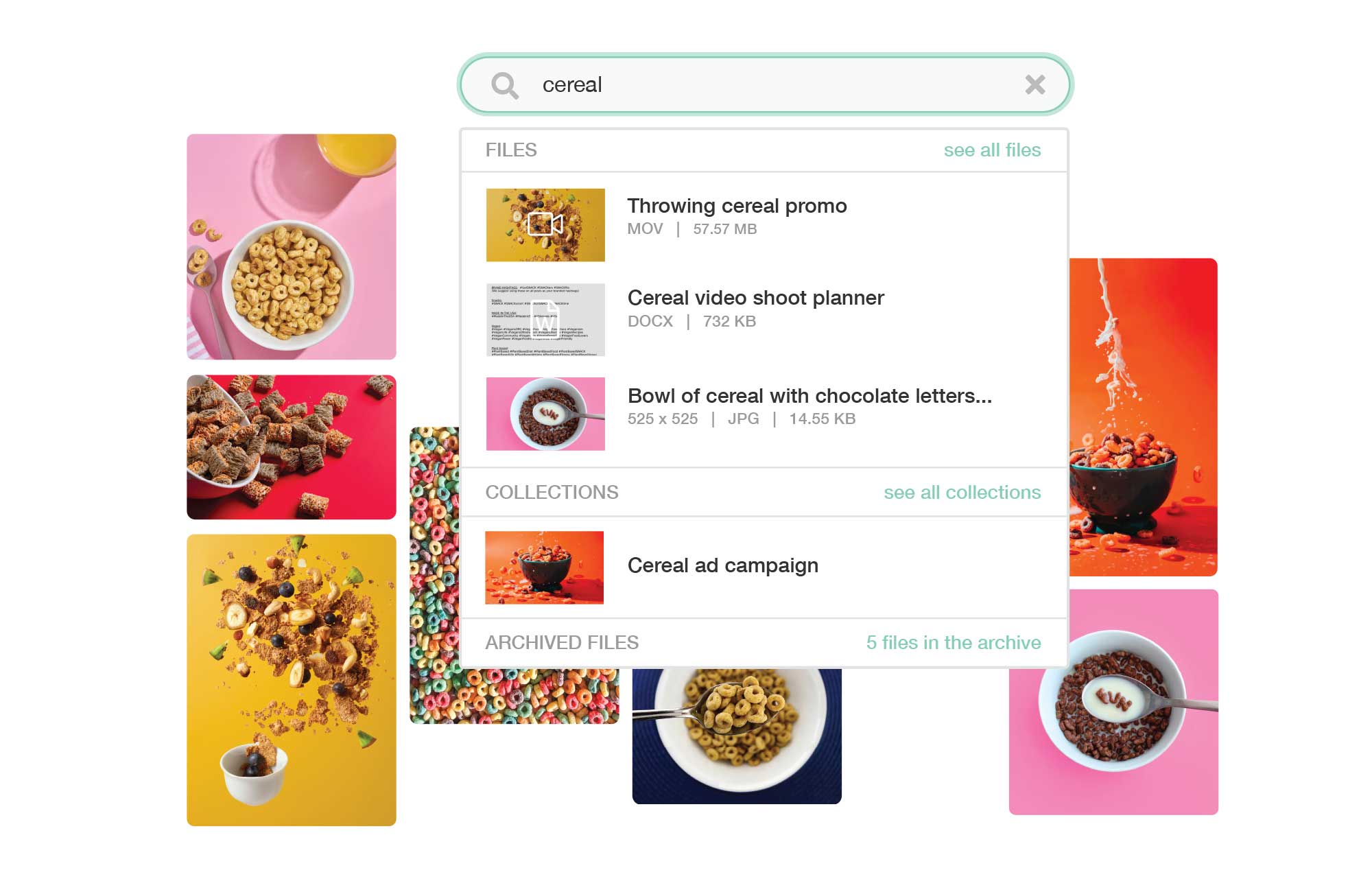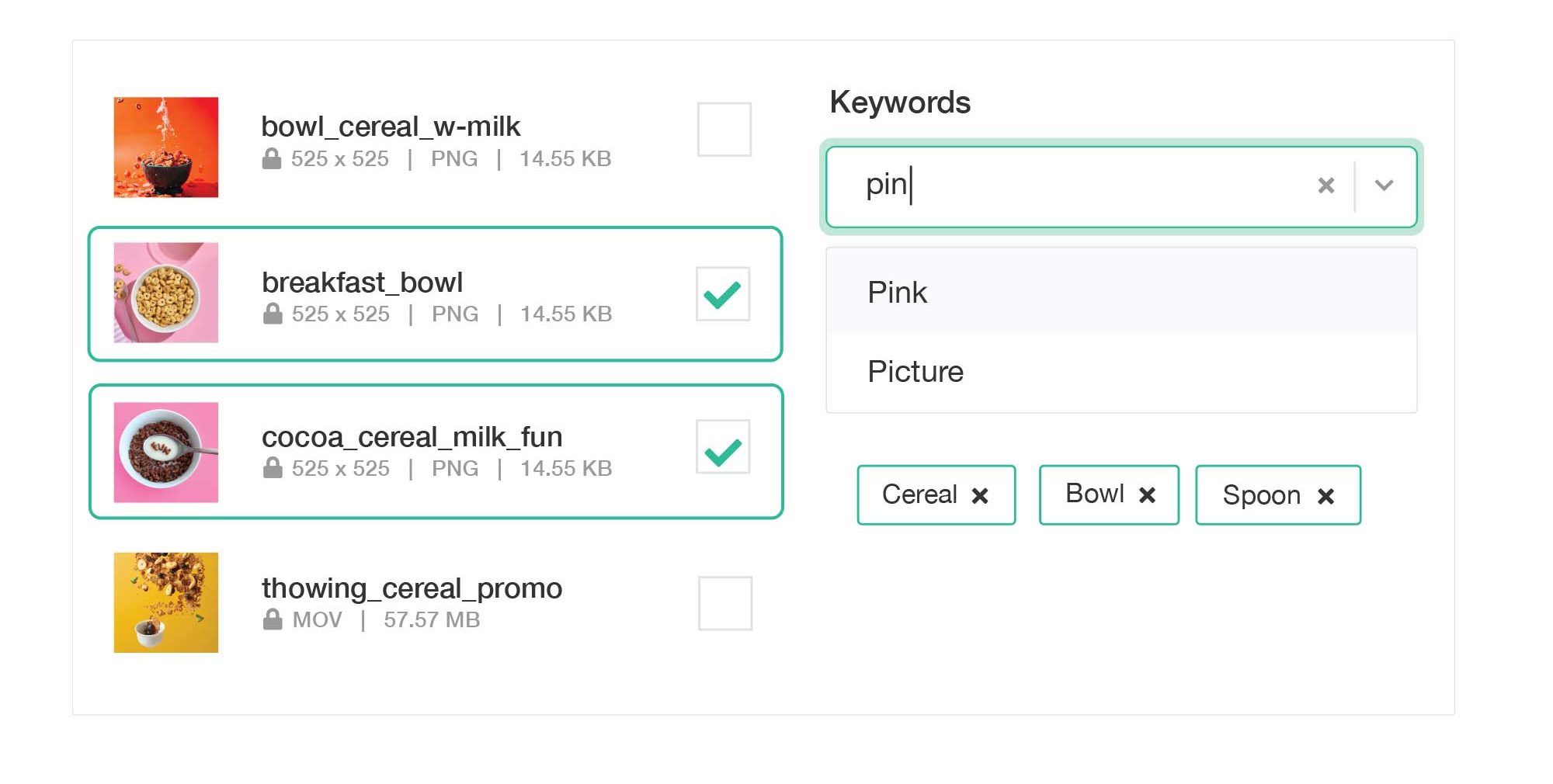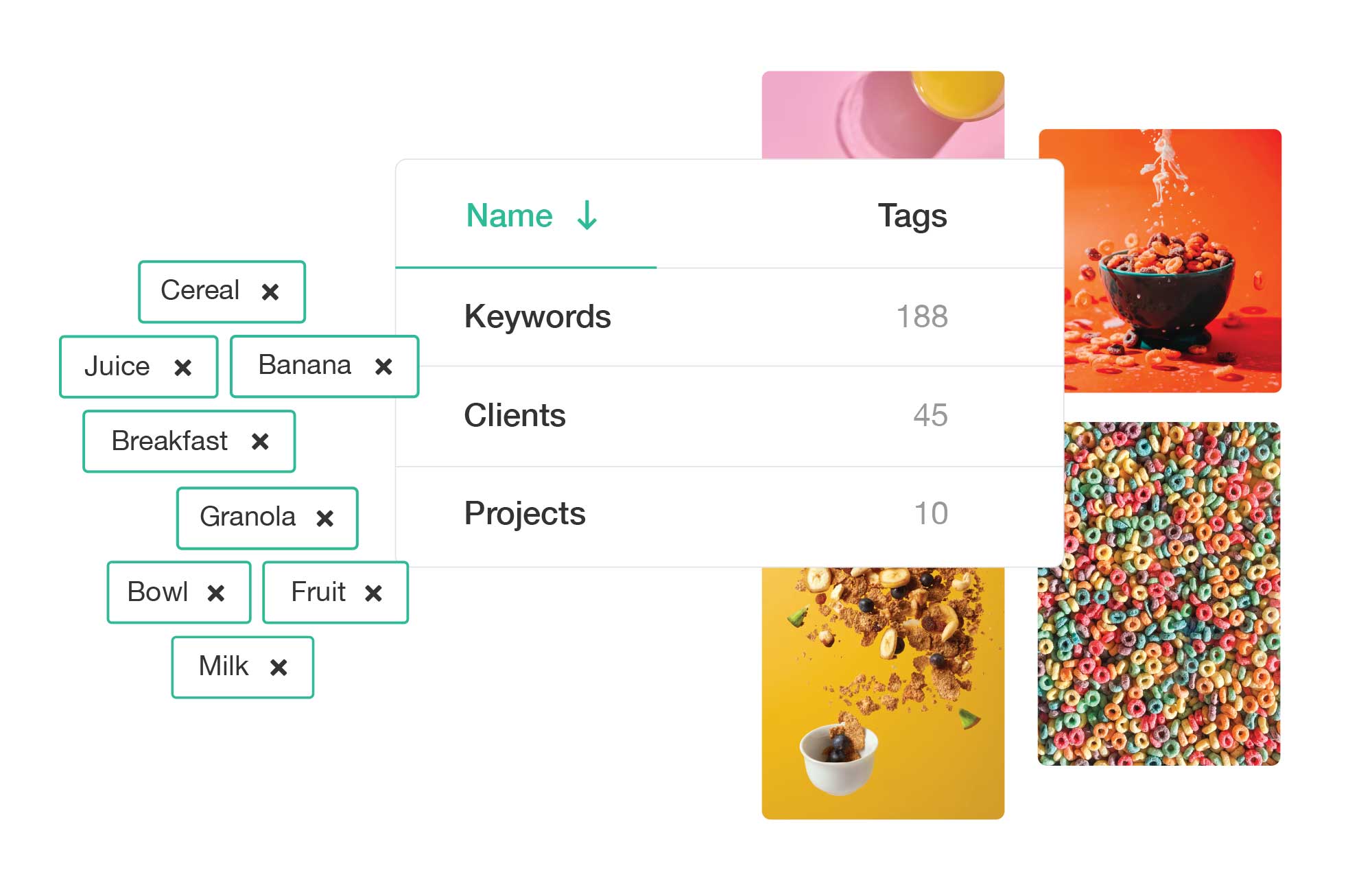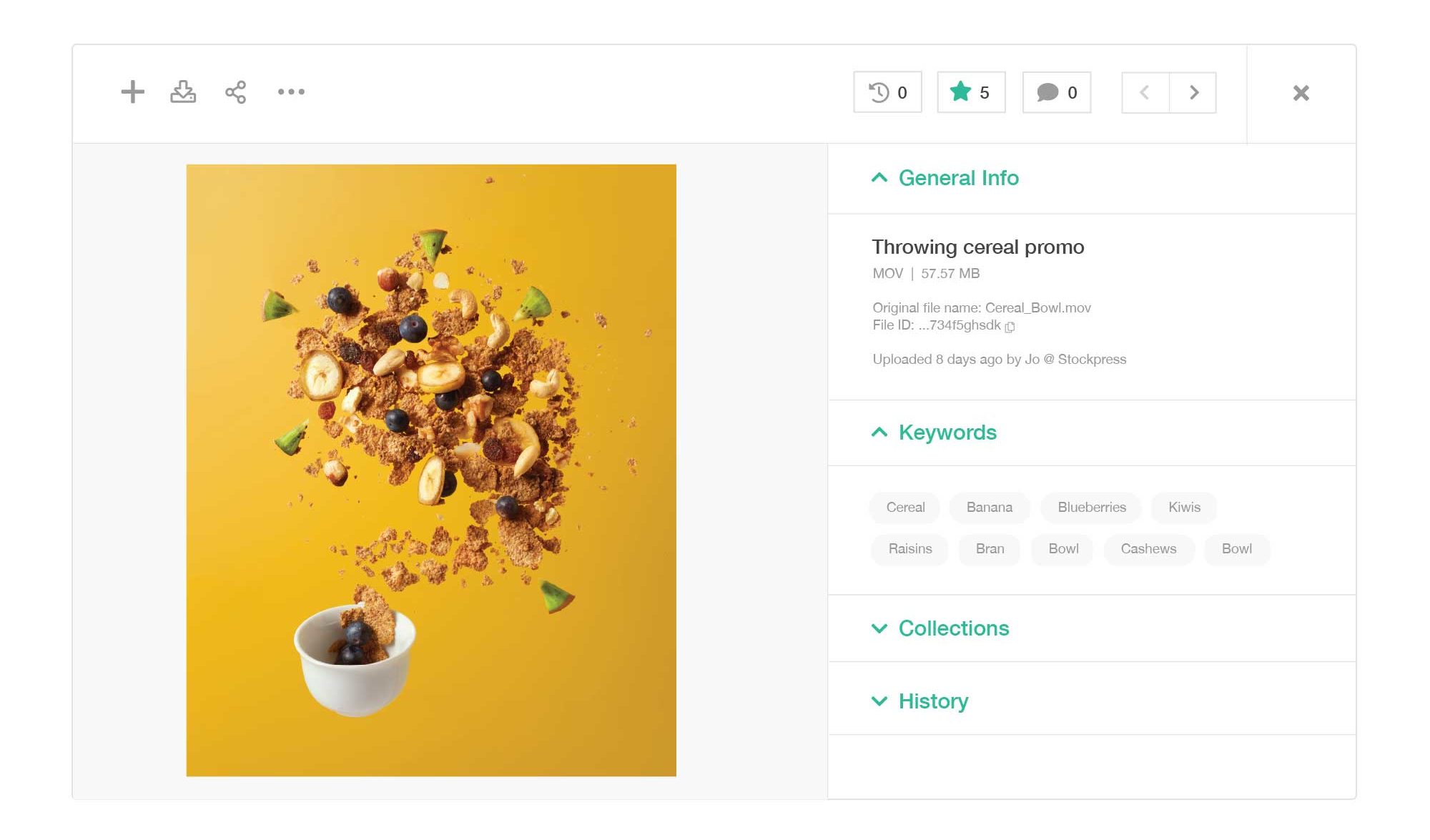According to the global furniture retailer IKEA, we spend almost 5,000 hours of our lives looking for things around the home. The solution? Design a way to organize and store your things so you can get on with other more interesting things!
Keywords are everywhere (you just don’t know it)
In today’s data-driven world, knowing how to search is essential to being able to access information. Digital search is so common-place, so intuitive, and starts at such a young age, that it is hardly necessary to teach people the skills needed. It feels almost innate. We search on our phones, tablets, computers, and a variety of other smart digital devices. We search for leisure, work, and education. Search is all around us but we don’t necessarily question or understand how it works.
The speed at which Google ‘answers’ your queries is infinitely quicker than trawling through the Yellow Pages, but why?

Search is power (it’s not just about selling things)
What was the last search you did? Was it a specific search for a movie title on Netflix? A broad search such as “nature documentary”? Or were you searching on an online grocery store for dinner ingredients (for the recipe already found in an online food magazine?)
And did you find what you were looking for? If you did, it certainly wasn’t by chance! Have you ever thought about what happens behind the scenes when you type a query into an empty search box? How does Google know where your nearest pharmacy is, or what’s on at your local Cinema this weekend?
On social media, search takes on another dimension as we tag, Hashtag, and ‘mention’ (using the @ symbol) people and brands, investing content with specific details, adding more layers of detailed information, and telling richer stories that attract more engagement, loyalty, and commercial transactions.
Social media even gamifies search adding an element of anticipation and reward. The more visible a post, the more value it has, particularly for commercial businesses leveraging social media to promote products and influence customers.
The way we search matters
Google is called a ‘Search Engine’ because it searches the web for content matching the information typed into the search box. The same is true for almost every digital search platform from Netflix to Ocado. A search engine searches on our behalf. But it relies on us to tell it what we want.
The way people search (‘search behavior’) varies from one person, group, and region to the next. It depends on our knowledge and understanding, our world view, and can even be influenced by our preconceptions and prejudices.
If information hinges on search, and search hinges on language, then the way we search really matters. The way we tell a search engine what we want is critical to us being able to progress, learn and teach others.

Keywords (small but mighty)
We search by entering words and phrases into a search bar and with luck the things we are looking for magically appear, but this only happens if the right information has been paired with the content in the first place and this is where keywords come in.
For people managing digital content, keywords allow them to store, organize and classify files. The same keywords allow users to find and retrieve relevant content.

What makes a good keyword?
Good keywords are designed to be neutral and objective but since they are applied by people (or sometimes by machines) there is an element of bias inherent in the process. This is why the principles of relevance, accuracy, and consistency are so important to the keywording process. Added to this, and increasingly so, is an understanding of language; what is and is not appropriate, why, and what can we do to mitigate bias.
Your search system is as good as your keywords. Make keywords count.

Keywording starts here…
So, if you handle digital assets such as text documents, images (photographs and illustrations), and videos, then you need keywords. Every organization, whether commercial or non-profit, likely produces and uses digital assets in marketing and communications, so ensuring these can be quickly and easily found is essential.
Whether it’s Google or any other search engine, an ecommerce site selling clothes, an online car insurance broker, a museum database, or a creative agency’s online portfolio, keywords are what lead us to the content we are looking for.
Stop looking – start finding!
If you’ve got content and people who want to find it, all you need now are the keywords. By focusing on who is searching, what they’re searching for, and why, you can easily start building a keywording strategy to help people spend less time searching for things and more time using them!
—
